Debate Erupts: Spanish Broadcaster Questions Israel's Eurovision Participation

Table of Contents
The Spanish Broadcaster's Statement and its Fallout
The controversy began with a statement from a prominent commentator at RTVE, Spain's public broadcaster, who publicly questioned Israel's right to participate in Eurovision, citing concerns about Israel's human rights record and its ongoing conflict with Palestine. While the exact wording of the statement remains subject to interpretation, it sparked immediate and widespread reaction. The commentator, whose name has not been publicly released by RTVE, reportedly implied that the Eurovision Song Contest should not provide a platform for a country with such a contested history.
The reaction was swift and multifaceted:
- Other broadcasters: Several European broadcasters issued carefully worded statements acknowledging the controversy but avoiding direct condemnation of either the Spanish broadcaster or Israel. Many emphasized the EBU's commitment to neutrality.
- Israeli officials: Israeli officials expressed disappointment and concern, calling the statement "unacceptable" and suggesting it reflects anti-Israel bias within certain sectors of European media. Some called for a formal apology from RTVE.
- Eurovision fans: The reaction amongst Eurovision fans was divided. Many supported the Spanish broadcaster’s right to express concerns, while others argued that the competition should remain apolitical. Online forums and social media were flooded with comments expressing both outrage and support.
- Social media: #Eurovision, #Israel, and #BoycottIsrael trended heavily on various social media platforms, indicating the significant global attention the controversy has garnered. The debate spilled across multiple languages, amplifying the international reach of the controversy.
The potential impact on Spain's relationship with Israel and the Eurovision organization remains to be seen. The incident highlights the delicate balance between freedom of speech and the potential for political statements to disrupt the carefully constructed neutrality of the Eurovision Song Contest. This raises serious questions about the application of Eurovision's rules concerning political statements and the potential for future similar incidents.
The History of Political Controversy at Eurovision
The current controversy is not the first time politics has infiltrated the seemingly apolitical world of Eurovision. Throughout its history, the contest has been the site of numerous political boycotts and controversies:
- Examples of past controversies and boycotts: The 1974 contest was overshadowed by the political climate of the Cold War, with many Eastern Bloc countries choosing not to participate. More recently, geopolitical tensions have led to boycotts and heated debate surrounding various participating countries. (Links to relevant articles would be inserted here).
Key events highlighting this historical trend include:
- The 1973 Eurovision Song Contest, where the Spanish dictatorship's participation led to protests.
- The 1993 contest, where the inclusion of Bosnia and Herzegovina, amidst the ongoing Bosnian War, generated significant debate.
- Numerous instances where song lyrics or stage performances have been interpreted as politically charged, leading to discussions and even formal complaints.
This history demonstrates that while the Eurovision Song Contest aims to be a celebration of music and culture, it remains vulnerable to the influence of broader political realities. The contest’s ability to remain above political fray is constantly being tested.
Arguments For and Against Israel's Participation
The debate surrounding Israel's participation centers around two main sets of arguments:
Arguments supporting Israel's participation:
- Artistic merit: Israel has a strong track record of producing high-quality entries, contributing significantly to the overall artistic value of the competition.
- Inclusivity (arguably): Proponents argue that excluding Israel would set a dangerous precedent, undermining the principle of inclusivity that the Eurovision Song Contest ostensibly champions.
- Cultural exchange: Participation allows for cultural exchange and understanding between diverse nations, promoting dialogue and potentially fostering peace.
Counter-arguments raising concerns:
- Palestinian perspective: Critics argue that Israel's participation ignores the Palestinian perspective and the ongoing human rights violations in the Occupied Territories.
- Human rights concerns: Many cite reports from human rights organizations documenting human rights abuses in Israel and the Occupied Territories as reasons for concern.
- Ethical implications: The ethical question arises as to whether it's appropriate to host a celebration of music and culture while ignoring or seemingly endorsing a nation's controversial human rights record.
The Role of the European Broadcasting Union (EBU)
The EBU, the governing body of Eurovision, has a crucial role to play in navigating this controversy. Its official stance generally emphasizes political neutrality and the focus on artistic merit. However, the EBU's response to this specific controversy will be closely watched, as it will set a precedent for how future similar situations will be handled. The EBU's ability to uphold its commitment to neutrality while addressing legitimate concerns about human rights will be key to maintaining the integrity of the competition. The EBU's response could involve anything from issuing a statement reaffirming its commitment to neutrality to initiating an investigation into the Spanish broadcaster's comments. A lack of decisive action could weaken the EBU’s authority.
Conclusion
The Spanish broadcaster's challenge to Israel's Eurovision participation has reignited a crucial debate about the intersection of politics and entertainment. This controversy highlights the complex issues surrounding the event and its role on the world stage, demanding a careful consideration of artistic expression, human rights, and the principles of inclusivity. The ongoing discussion underscores the need for transparent and consistent application of rules regarding political statements within the Eurovision Song Contest. The future of the competition, and its capacity to remain a unifying force, may depend on how effectively it addresses these increasingly complex and sensitive issues.
What are your thoughts on this developing debate surrounding Israel's Eurovision participation? Share your opinion in the comments below and let's continue the conversation about the future of the Eurovision Song Contest and its commitment to inclusivity. #Eurovision #Israel #Debate #Controversy #Boycott

Featured Posts
-
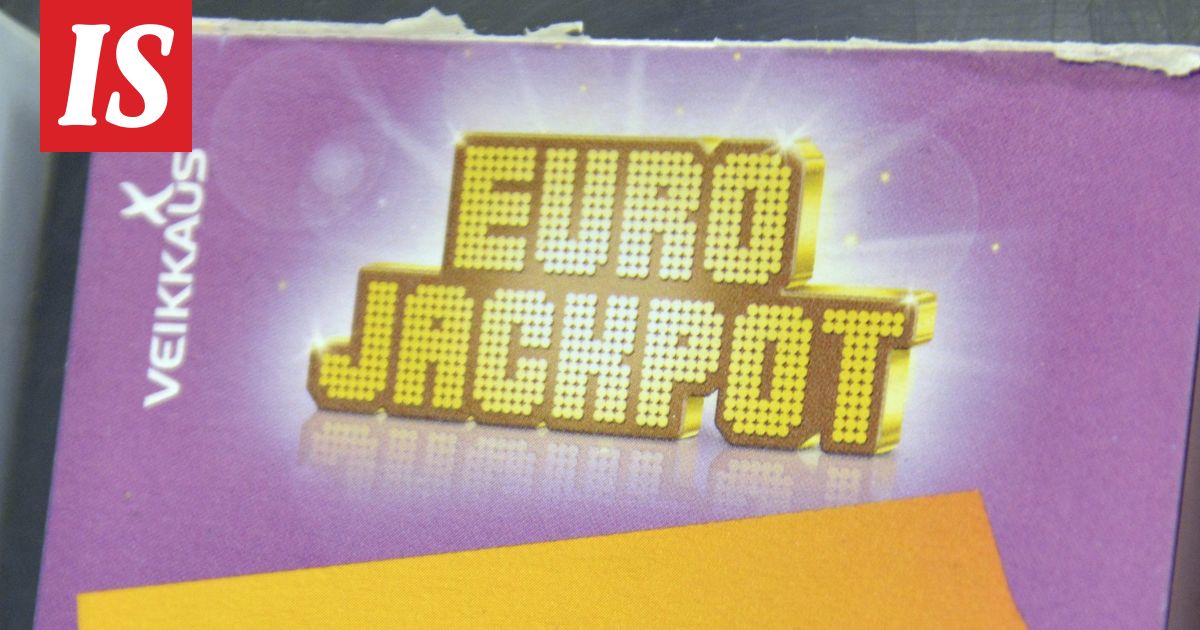 Taenaeaen Arvottu Eurojackpotin Oikea Voittonumero Ilta Sanomat
May 14, 2025
Taenaeaen Arvottu Eurojackpotin Oikea Voittonumero Ilta Sanomat
May 14, 2025 -
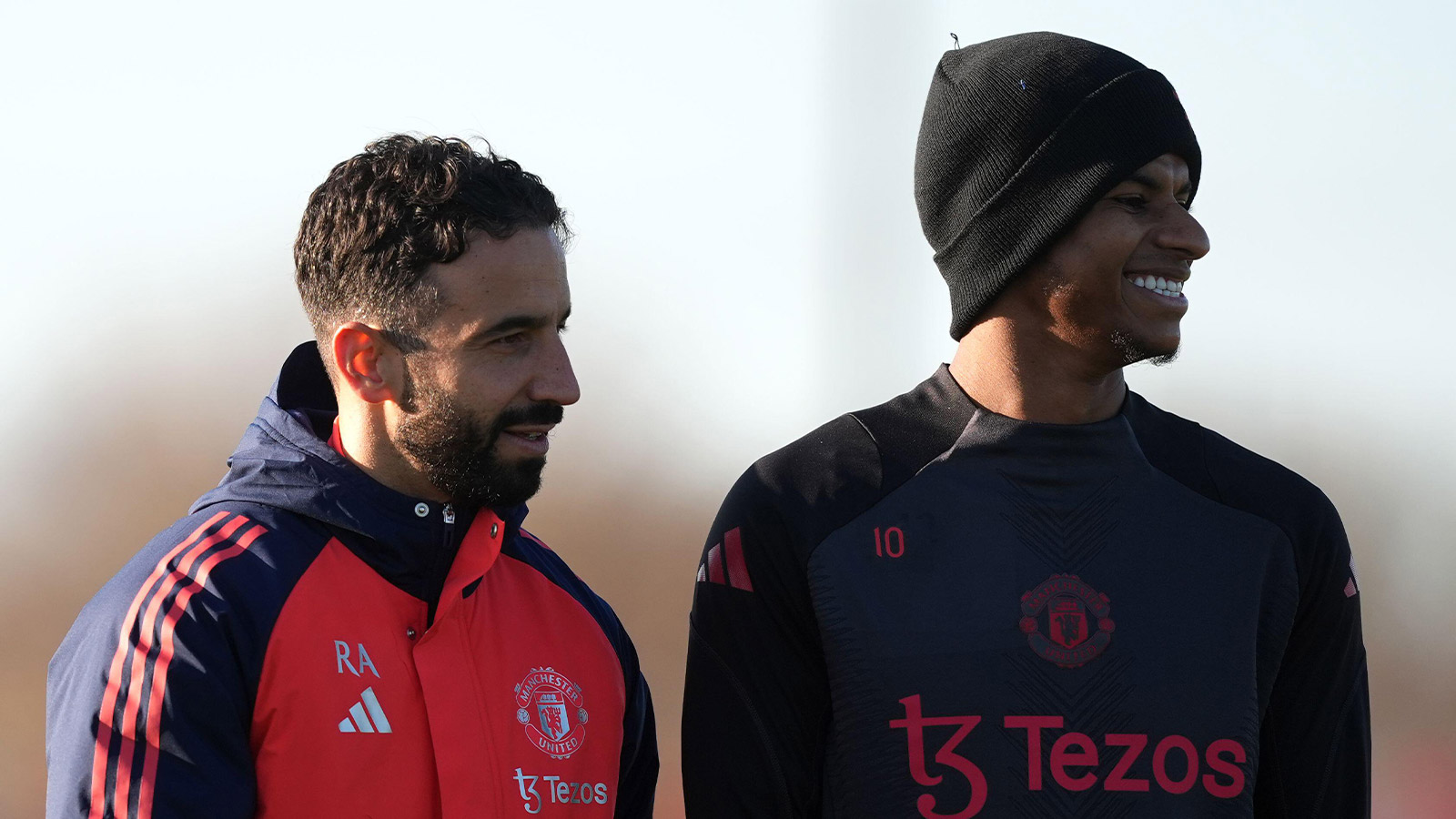 Revealed Amorims Seven Player Transfer Wish List For Man United
May 14, 2025
Revealed Amorims Seven Player Transfer Wish List For Man United
May 14, 2025 -
 Recent Fda Recall Walmart Canned Beans And Potential Hazards
May 14, 2025
Recent Fda Recall Walmart Canned Beans And Potential Hazards
May 14, 2025 -
 Maya Jama Officially Confirms Relationship With Footballer Ruben Dias
May 14, 2025
Maya Jama Officially Confirms Relationship With Footballer Ruben Dias
May 14, 2025 -
 Eurovision 2025 The Latest On Confirmed Singers And Their Songs
May 14, 2025
Eurovision 2025 The Latest On Confirmed Singers And Their Songs
May 14, 2025
Latest Posts
-
 When Is The Eurovision 2025 Final Dates For Semi Finals And Grand Final
May 14, 2025
When Is The Eurovision 2025 Final Dates For Semi Finals And Grand Final
May 14, 2025 -
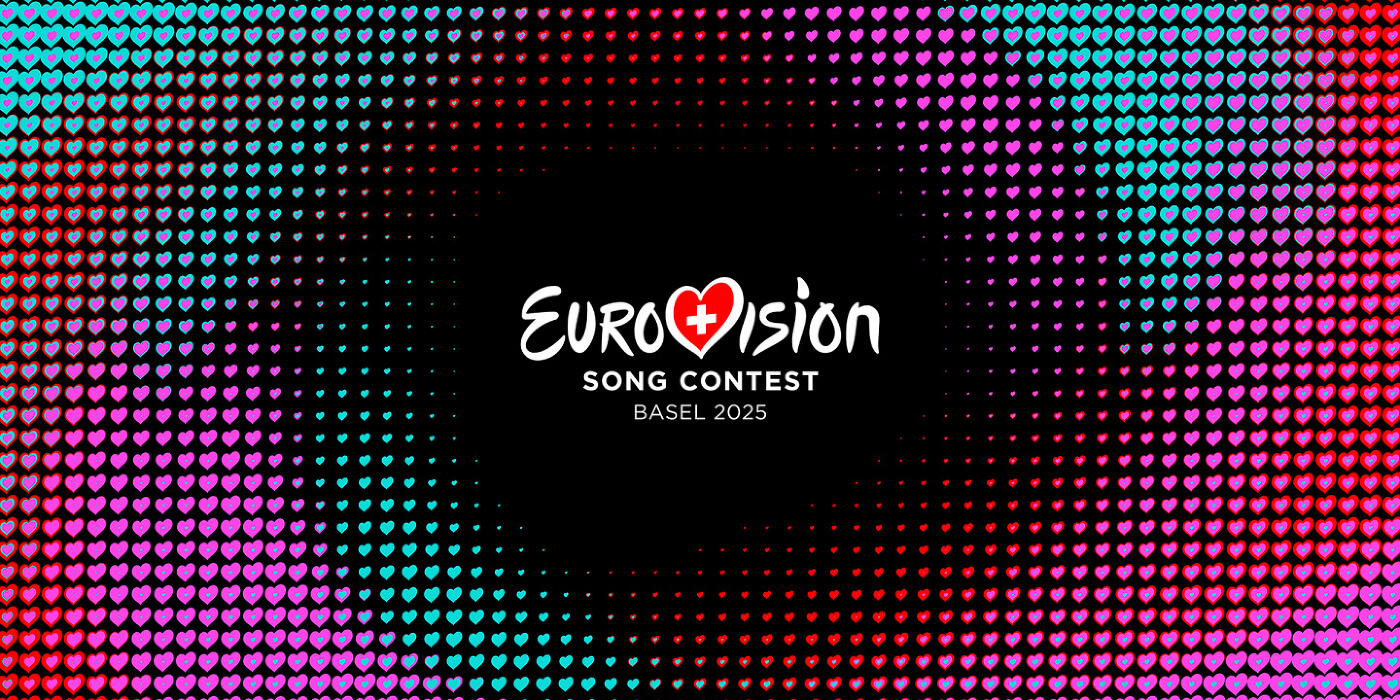 Eurovision Song Contest 2025 Full Schedule Of Semi Finals And Final
May 14, 2025
Eurovision Song Contest 2025 Full Schedule Of Semi Finals And Final
May 14, 2025 -
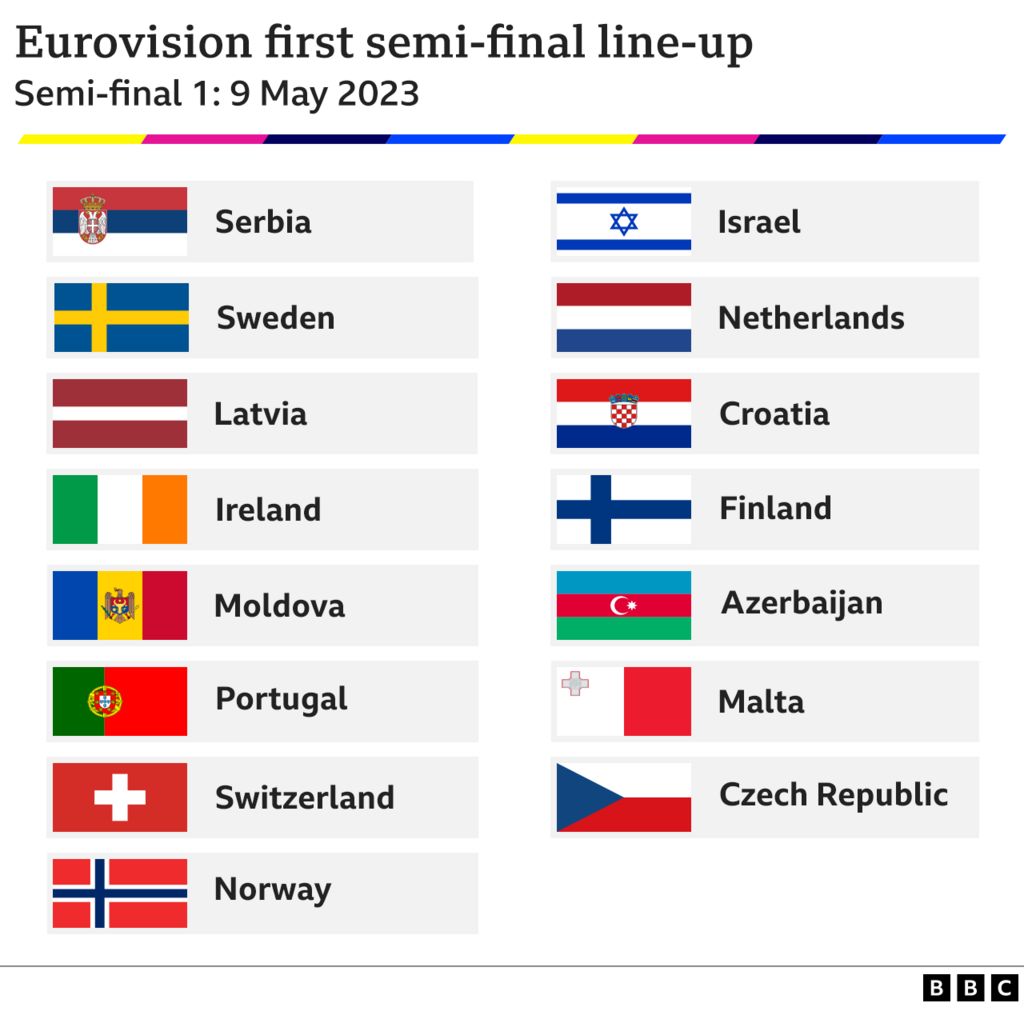 Eurovision 2025 Final Key Dates For Semi Finals And Grand Final
May 14, 2025
Eurovision 2025 Final Key Dates For Semi Finals And Grand Final
May 14, 2025 -
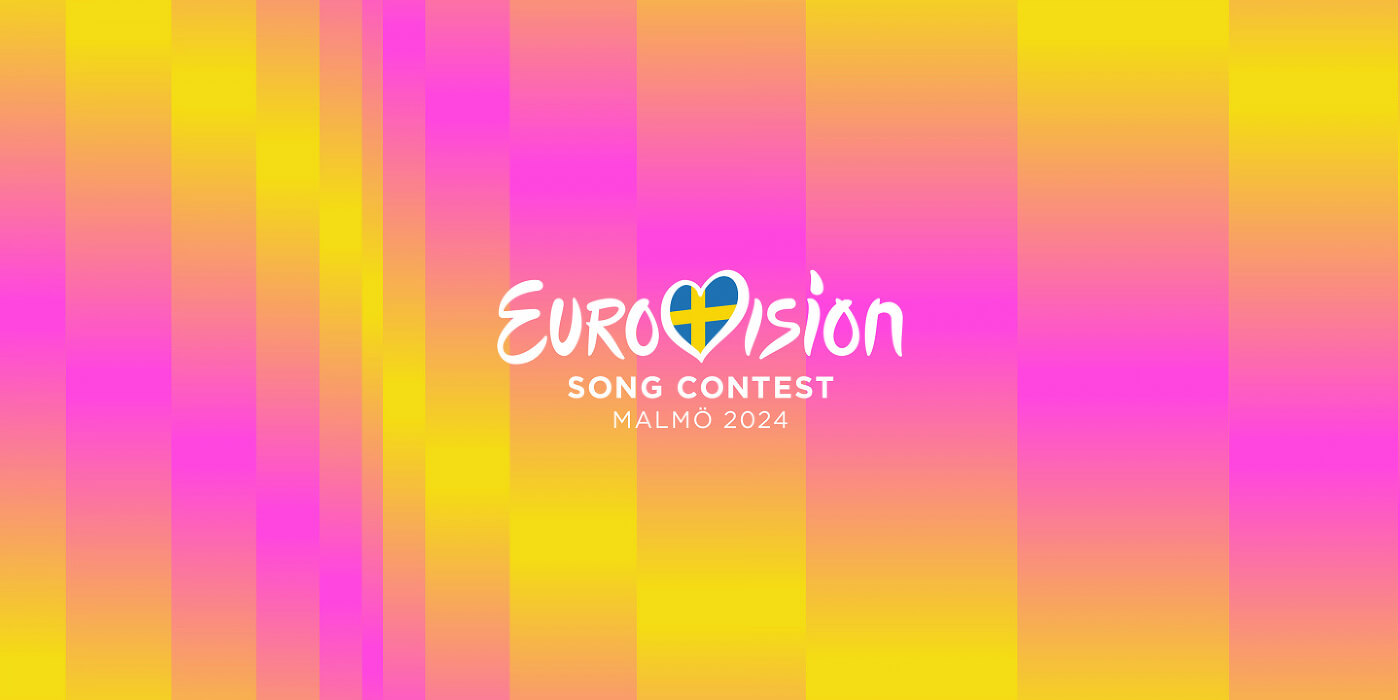 Eurovision Song Contest 2025 Full Schedule Of Events
May 14, 2025
Eurovision Song Contest 2025 Full Schedule Of Events
May 14, 2025 -
 When Is The Eurovision 2025 Final Key Dates For Semi Finals And Grand Final
May 14, 2025
When Is The Eurovision 2025 Final Key Dates For Semi Finals And Grand Final
May 14, 2025
